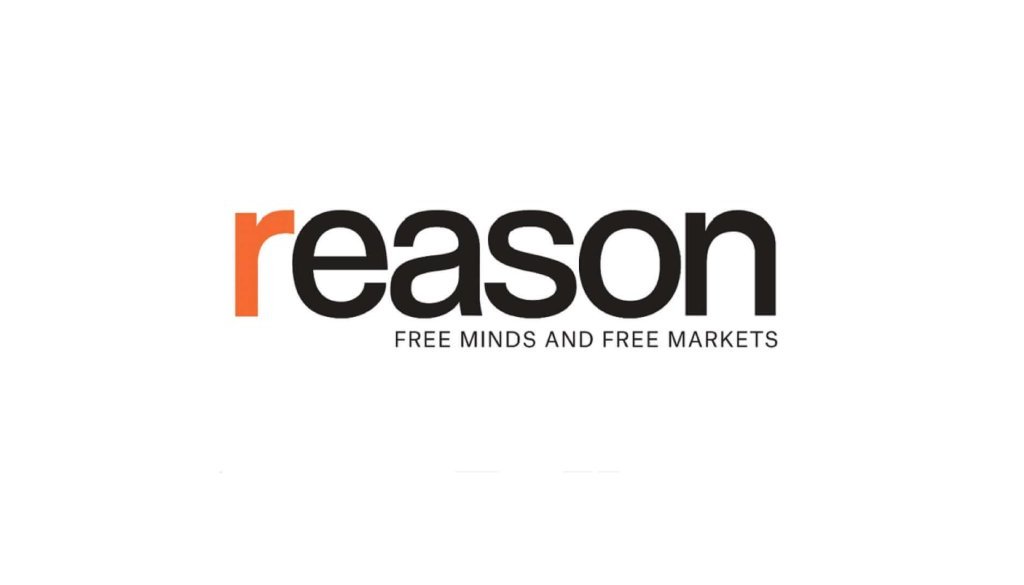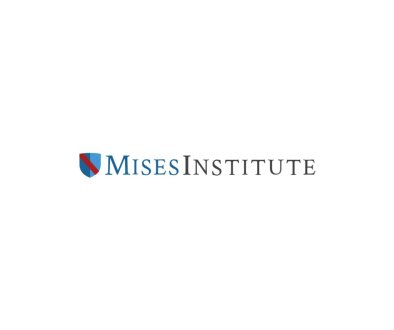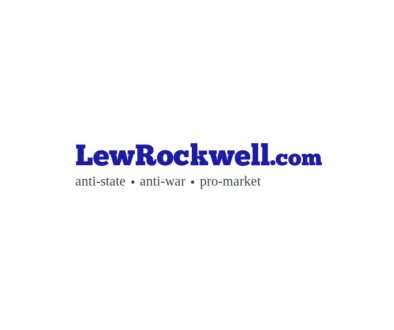The National Debt Is Becoming Your Local Problem
The $29 trillion federal debt held by the public is becoming an increasingly local problem. Washington’s fiscal challenges have led to increased borrowing costs as well as reduced federal aid to states, cities, and other local governments—who may soon have to reconsider their budgets as they face a difficult choice: cut services, raise taxes, dip into reserves, or incur further debt.
Based on estimates done before the latest reconciliation bill (the One Big Beautiful Bill Act, which is expected to significantly deteriorate the country’s fiscal outlook), the federal debt is expected to grow from 124 percent of gross domestic product (GDP) in 2025 to 135 percent in 2035, which means that the federal government will absorb an increasingly larger share of the economy and capital markets.
As a result, investable capital will flow at increasing rates to U.S. debt, making it necessary for other borrowers—including state and local governments—to offer higher interest rates on their bonds to compete with U.S. Treasury debt.
Indeed, as federal rates have risen, it has already become more expensive for local governments to borrow. As of late July 2025, the Bloomberg 30-year tax-exempt municipal bond yield benchmark reached a peak of 4.81 percent, a sharp rise from the COVID-era lows of 1.5 percent.
Federally, net interest costs are forecasted to surpass all other spending categories, besides Social Security, by 2052. This trend of rising interest costs crowding out other spending is likely to trickle down to state and local governments.
Another channel through which the national debt may influence local budgets is federal aid. Federal grants are currently the largest single source of revenue for state and local governments, and they are decreasing. According to the Census Survey of State and Local Government Finances, in 2022 (the most recent year available), 28 percent of all state and local revenue came from the federal government—a share larger than income, property, sales, or any other tax. Some of this money came in the form of special COVID-relief grants. These grants
Article from Reason.com

The Reason Magazine website is a go-to destination for libertarians seeking cogent analysis, investigative reporting, and thought-provoking commentary. Championing the principles of individual freedom, limited government, and free markets, the site offers a diverse range of articles, videos, and podcasts that challenge conventional wisdom and advocate for libertarian solutions. Whether you’re interested in politics, culture, or technology, Reason provides a unique lens that prioritizes liberty and rational discourse. It’s an essential resource for those who value critical thinking and nuanced debate in the pursuit of a freer society.




